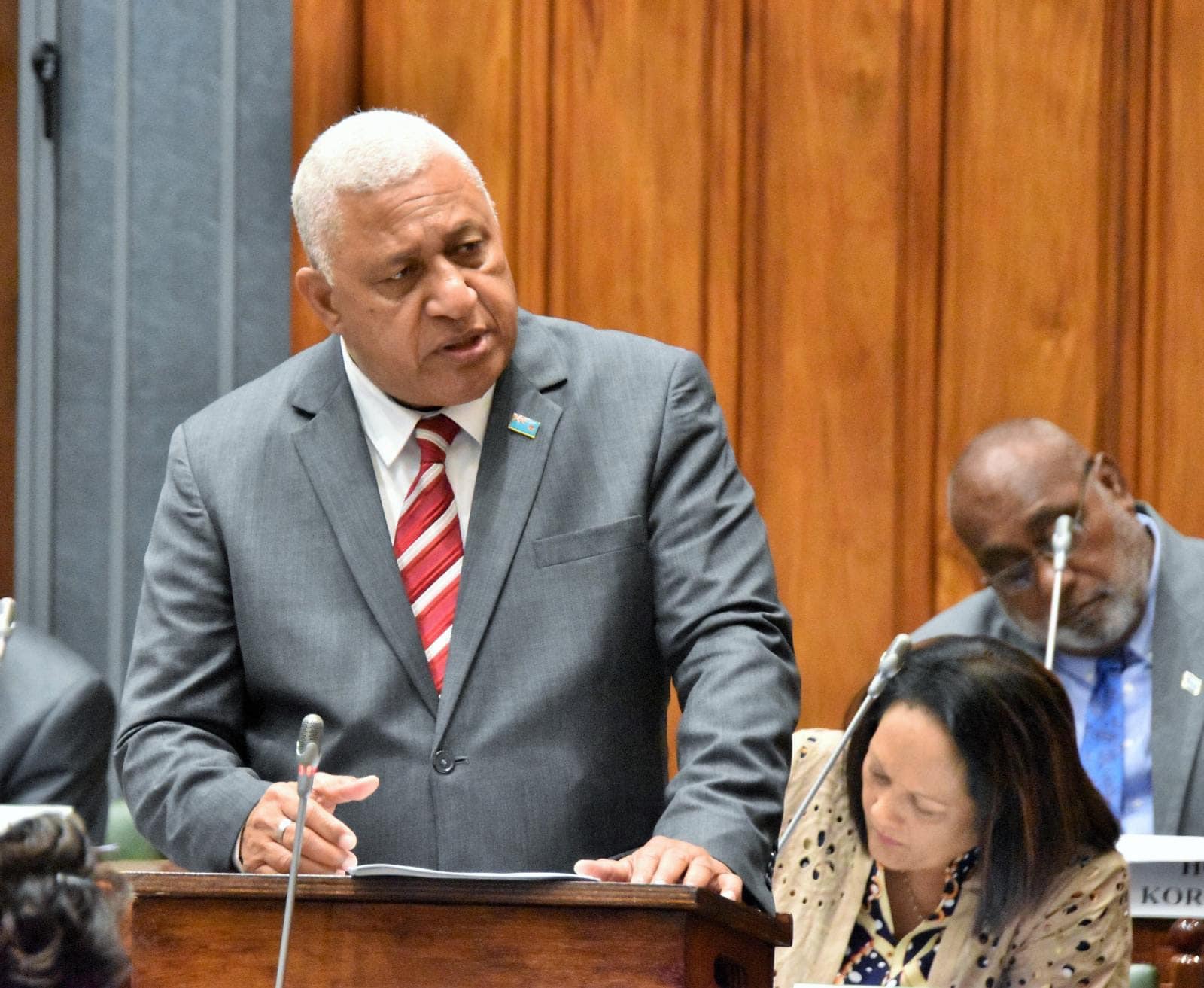By Sadhana Sen
For the third year running, COVID-19 is defining and disrupting life, leadership and governance in the Pacific. Compounded by climate change-related flooding and the devastating Hunga-Tonga-Hunga-Ha'apai volcanic eruption, 2022 is off to a challenging start. Some Pacific nations are now grappling with their first cases of community transmission of COVID-19, regional meetings have been deferred, and schools opened, then closed in many places. In other Pacific nations, borders finally opened, giving much hope for economic rebuilding, only to close again. Meanwhile, the rollout of . . .
Please Subscribe to view full content...
